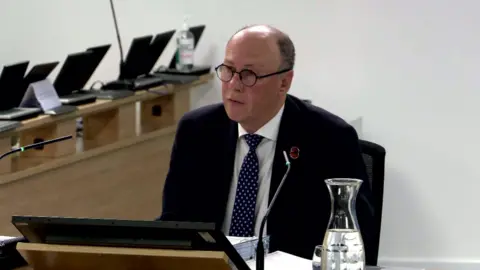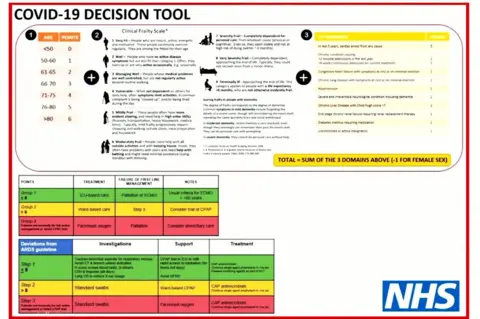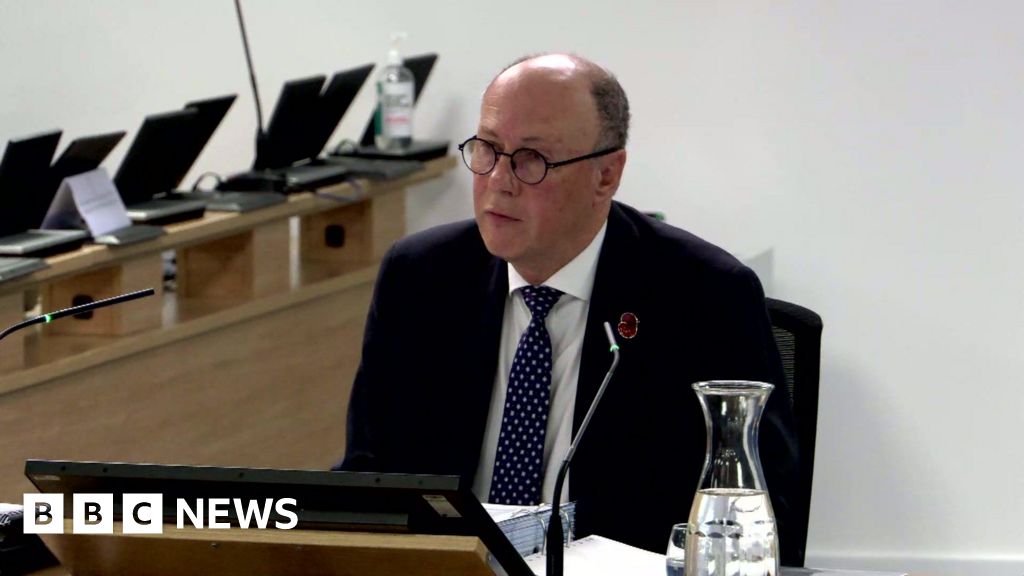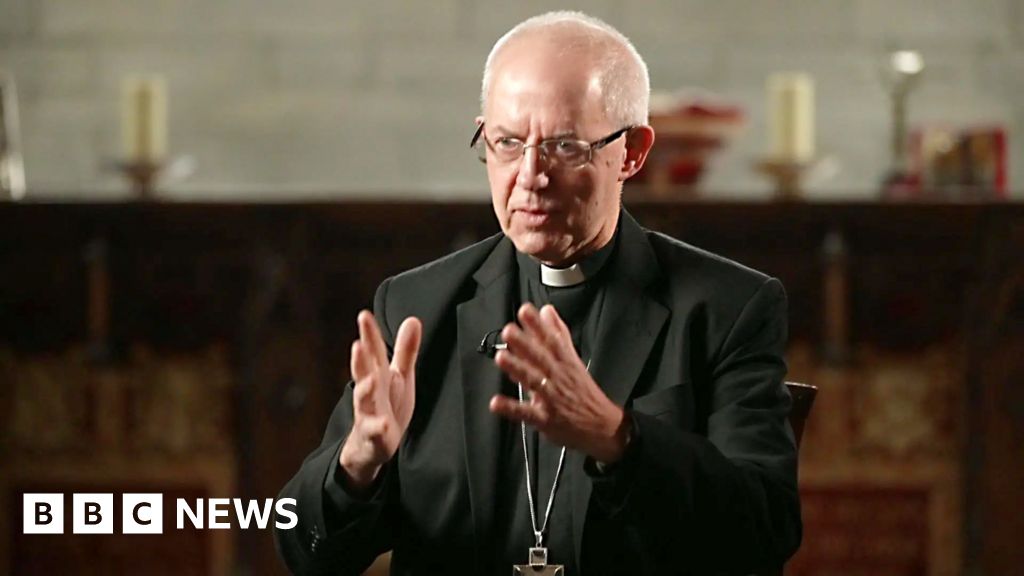 Covid inquiry
Covid inquiryThe most senior doctor in NHS England has said he was “personally terrified” that hospitals could have been overwhelmed in the early stages of the pandemic.
Prof Sir Stephen Powis told the Covid inquiry officials had drawn up a draft document advising whose care should be prioritised if the NHS found itself unable to cope with the surge in patients.
The ‘Covid-19 decision tool’ assigned points based on a patient’s age, frailty and underlying conditions. A high score meant they might not be admitted to intensive care if services were overwhelmed.
The tool was never issued publicly, after it became clear infections might have already reached a peak in March 2020.
Sir Stephen, who still serves as national medical director at NHS England, said the senior clinicians who were asked to draw up the plans at short notice “did a magnificent job” that “nobody ever wants to do”.
“But it became absolutely clear to me that this was going to be controversial, [and] that it hadn’t had the opportunity to be discussed more widely with patient groups, [or] with the public,” he added.
The draft document advised doctors to score Covid patients based on three criteria, using a frailty scale.
It detailed how those with a total score of more than eight points should not be admitted to intensive care if services became overwhelmed.
Patients aged 70 to 75 were to be automatically assigned four points, while those aged over 80 would receive six.
Extra points would be added for chronic conditions, such as heart disease or diabetes.
People who were terminally ill, with a life expectancy of less than six months, would automatically be given nine points.
 Covid inquiry
Covid inquirySir Stephen said work on the guidance document had started early in the pandemic, at a time when the number of patients in intensive care in England was doubling every 5-7 days.
“It was not clear that the public would respond to lockdown – they did wonderfully – but that wasn’t clear [at that point],” he said.
“Frankly, I was personally terrified that the NHS was going to be overwhelmed.”
The project was halted on 28 March 2020, after it became clear the peak of the first Covid wave was approaching and the health service would not “breach capacity”.
Sir Stephen said there was also a danger the point-scoring system could have been “used inappropriately”, replacing the individual clinical judgement of doctors.
“My recommendation to the inquiry is that we should absolutely, in the future, not try and develop one of these tools in the midst of a pandemic,” he added.
He said it was a piece of work that needed to be carried out in consultation with the public “in normal times”.
“In my view, it’s a discussion that shouldn’t be government-led, it shouldn’t even be led by the profession, it needs to be located within society.”





